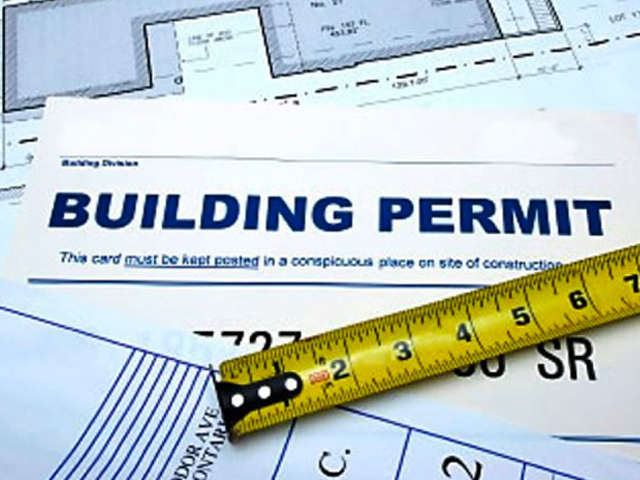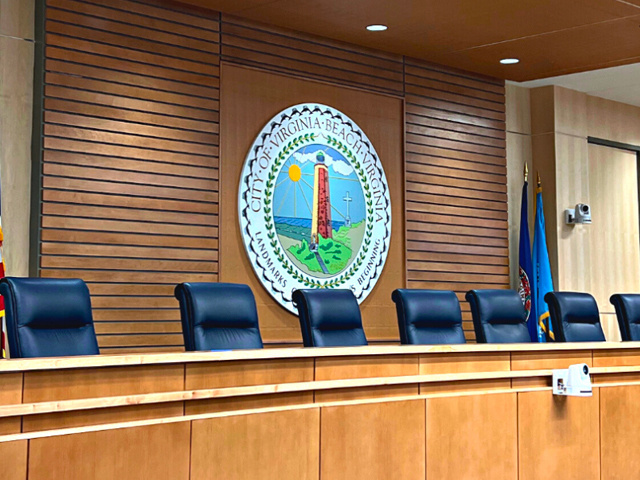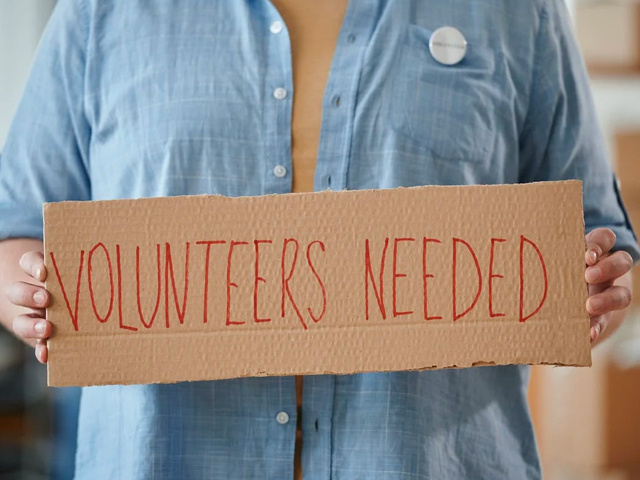Be In The Know
Fair Housing Is for Everyone – Know Your Rights!
Fair housing means ensuring all people have an equal opportunity to access the housing of their choice.

Choosing where to rent or purchase a home is an important decision that involves more than just the type of unit and how much it costs. Where you live impacts your school zones, commuting time and access to public transportation. It can affect the availability of job opportunities, because some employers may require workers to live within a certain distance from the workplace. You might also weigh the proximity to amenities and services, such as grocery stores, medical centers, parks and open spaces in your housing options.
In short, where you live affects opportunities to thrive and contributes to your overall quality of life. Discriminatory practices limit access to housing choices and hinder chances for growth. Not only is housing discrimination unfair, but it’s also illegal.
Virginia Beach Housing & Neighborhood Preservation's role is to affirmatively further fair housing and ensure you know your rights.
What Does Fair Housing Mean?
Equal opportunity does not guarantee anyone housing, but it does guarantee everyone the opportunity to be considered fairly. Fair housing means treating people of differing group characteristics the same by anyone who advertises, rents, buys, sells, finances or otherwise deals with housing. It is offering the opportunity for people to obtain housing based only on factual and legal requirements, such as their income, credit and rental history, and not on anything else. Fair housing also ensures standards are applied the same for everyone.
Know Your Rights
Federal and state fair housing laws protect people from discrimination when they are renting, buying or securing financing or insurance for any housing. The few instances where fair housing requirements are exempt are mentioned later in this article.
April marks the 57th anniversary since the federal Fair Housing Act was signed into law in 1968. The current federal law prohibits discrimination on the basis of race, color, national origin, religion, sex, familial status and disability.
Virginia’s Fair Housing Law expands protections for all who live in the Commonwealth and also prohibits discrimination based on elderliness (55 years and older), sexual orientation, gender identity, military status and source of funds.
Source of funds, or source of income, was added as a protected class under the Virginia Fair Housing Law in 2020. For example, while landlords can set a standard for tenants to show sufficient income (for example, monthly income three times the rent), it would be discriminatory to deny housing because their income is funded by an assistance, subsidy or benefit program, such as Housing Choice Voucher, Supplemental Social Security income or emergency rental assistance from nonprofit organizations.
What Practices Are Unfair?
Housing discrimination isn’t always obvious. It’s important to know what unfair practices look and sound like, so you can recognize them if you find yourself in these situations when doing business related to housing:
Avoidance
- "Grudgingly" doing something
- Refusal to show, rent or sell
- Failure to complete, or delaying, maintenance or repairs
Different Requirements
- Requiring credit checks for some and not others
- Different lease provisions
- Different payment terms
Discriminatory Statements
- "No kids allowed."
- "Your kind isn't welcome."
- "You wouldn't be comfortable here."
- Interference, intimidation, coercion or harassment
Misrepresentations
- Falsifying information
- Blockbusting – persuading sales or rentals by representing that members of a protected class are moving into a neighborhood
- Steering – discouraging a location based on a protected class
Fair Housing Exemptions
The following instances are exempt from fair housing requirements:
- Owner-occupied buildings with no more than four units
- Single-family housing sold or rented without the use of a broker
- Housing operated by organizations and private clubs that limit occupancy to members
How to Report Housing Discrimination
If you think your fair housing rights have been violated or you need more information, contact the U.S. Department of Housing and Urban Development (HUD) and/or the Virginia Fair Housing Office. You have one year after an alleged violation to file a complaint, but you should file it as soon as possible.
HUD
1-800-669-9777
Report Housing Discrimination to HUD
Virginia Fair Housing Office — Department of Professional and Occupational Regulation (DPOR)
804-367-8530 or 888-551-3247
Virginia Fair Housing Office
Keep Reading
See All Posts-
Calendar News Blog Hot Topics Multimedia Social Media Mobile Apps











